Dr Tadeusz Czernik – HSBC
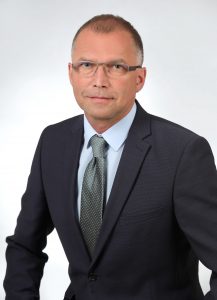
HSBC Krakow, Senior Expert in Independent Model Review, lecturer at the University of Economics in Katowice. After his PhD in Physics, Tadeusz was coordinating one of the first securitization programme in Poland. He also consulted many financial and non-financial businesses. His main area of interest covers derivative pricing and stochastic modelling.
Adam Wróbel – UBS
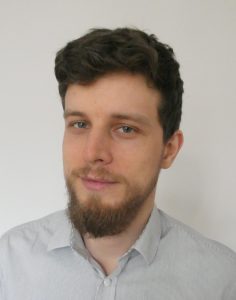
Absolwent warszawskiej Szkoły Głównej Handlowej na kierunku Metody Ilościowe w Ekonomii. Zawodowo związany z modelowaniem ryzyka w bankowości i ubezpieczeniach. Od 5 lat ekspert w firmie UBS, gdzie zajmuje się walidacją modeli ryzyka kredytowego oraz modelowaniem w ramach agregacji ryzyka. Ponadto, entuzjasta tematyki data science i współorganizator „eRka”, cyklu spotkań krakowskiej społeczności języka programowania R.
Paweł Kolski – Credit Suisse
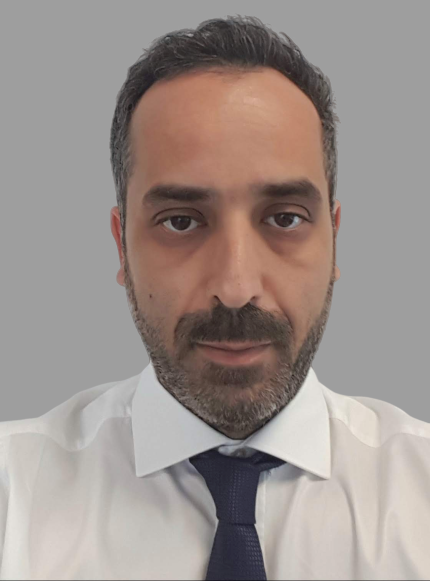
Director, Head of Quantitative Strategies Projections Modelling at Credit Suisse Poland where he leads and supervises the development of projection models and infrastructure for stress-testing purposes. Possesses nearly 20 years of industry experience as an econometrician, economist and lead quant.
Dr Loren Shure – Mathwork ONT
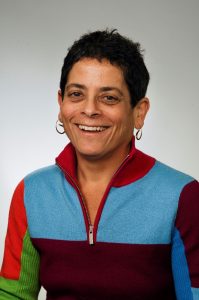
Loren has worked at MathWorks for over 30 years. For the first 27 of these years, Loren co-authored several MathWorks products in addition to adding core functionality to MATLAB, including major contributions to the design of the MATLAB language. She is currently part of the Application Engineering team, enabling Loren to spend more time and energy working with customers.
For more than 10 years, traveling worldwide over half of each year, Loren delivers more than 150 technical, strategic, and vision-setting presentations yearly to audiences ranging from hands-on problem solvers through high-level executives. Loren graduated from MIT with a B.Sc. in physics and has a Ph.D. in marine geophysics from the University of California, San Diego, Scripps Institution of Oceanography. She is a Senior Member of IEEE; and she is co-author on several patent inventions. Loren writes about MATLAB on her blog, The Art of MATLAB.
Prof. Krzysztof Jajuga – CFA
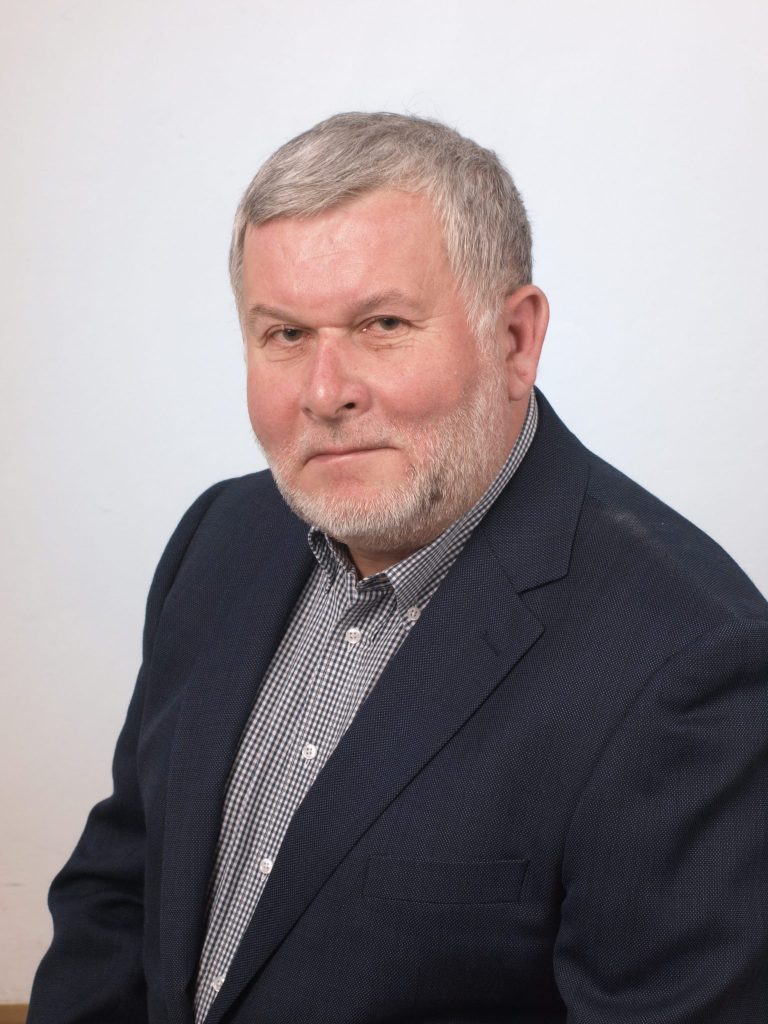
Prezes CFA Society Poland. Profesor nauk ekonomicznych, wykładowca Uniwersytetu Ekonomicznego we Wrocławiu oraz uczelni za granicą (m.in. Jiao Tong University w Szanghaju). W swojej pracy naukowo-badawczej koncentruje się wokół finansów oraz statystyki i ekonometrii. Kierownik Katedry Inwestycji Finansowych i Zarządzania Ryzykiem, a także dyrektor Instytutu Zarządzania Finansami na Uniwersytecie Ekonomicznym we Wrocławiu. Współpracuje z licznymi instytucjami finansowymi i przedsiębiorstwami. Pełnił funkcje członka Rady Naukowej Narodowego Banku Polskiego i członka Rady Giełdy Papierów Wartościowych w Warszawie.
Damian Jelito – UJ
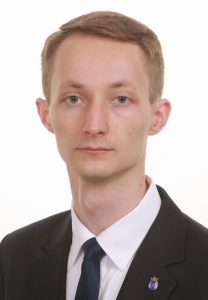
Doktorant w Instytucie Matematyki Uniwersytetu Jagiellońskiego. Interesuje się zastosowaniami teorii sterowania stochastycznego w problemach finansowych, w szczególności uwzględniającymi ryzyko inwestycyjne, oraz statystyką matematyczną. Od czasów studiów związany z Kołem Naukowym Matematyki Finansowej UJ.
Dr Pierre De-Leusse – UBS

Enthusiastic technologist who has worked in capital markets for a number of years, enjoying the challenges of financial engineering at the scale of large multinational financial institutions. For some time now he has looked into BigData and data science as an interesting way of addressing some of these challenges. Currently he is leading the UBS Treasury BigData engineering project.
Dr Rafał Szepietowski – UBS
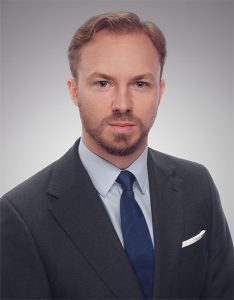
A quantitative risk analyst specialising in enterprise-level risk modelling, in particular Pillar 2, risk aggregation and allocation, and risk-adjusted performance measurement. He works in the Risk Methodology team at UBS, one of the biggest global financial institutions. His professional experience includes both model development and validation. An astrophysicist by training, he holds a PhD from the Institute of Cosmology and Gravitation in Portsmouth, and an undergraduate degree from the University of Edinburgh.
Konrad Augustyński – PZU
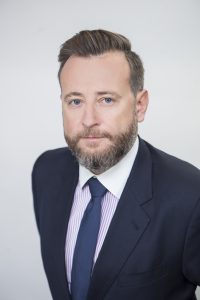
Od sierpnia 2008 r. zatrudniony w grupie PZU (obecnie w TFI PZU, wcześniej w PZU Asset Management). Na początku odpowiedzialny był za zarządzanie portfelem obligacji i swapów strukturyzowanych w Biurze Instrumentów Dłużnych Walut i Towarów, a od 2012 r. odpowiedzialny za zarządzanie portfelami obligacji polskich i funduszami pieniężnymi oraz dłużnymi (razem ok 12 mld PLN pod zarządzaniem). Od 2015 r. zastępca dyrektora Biura. Od stycznia 2018 r. dyrektor nowopowstałego Biura Zarządzania Metodami Ilościowymi, do którego zadań należy tworzenie oraz zarządzanie portfelami i funduszami pasywnymi, zarówno dłużnymi jak i akcyjnymi (razem ok 1,7 mld PLN pod zarządzaniem).
Przed rozpoczęciem pracy w grupie PZU, przez niespełna dwa lata pracował w banku inwestycyjnym Barclays Capital w Londynie jako Valuation Control Quantitative Analyst, a wcześniej jako analityk ilościowy w Biurze Zarządzania Ryzykiem i Walidacji Modeli w BRE Bank (obecnie mBank). Karierę zawodową rozpoczynał w Biurze Maklerskim Penetrator na stanowisku specjalisty w departamencie zarządzania aktywami.
Jest magistrem Matematyki Stosowanej (AGH).
Posiada tytuły:
– PRM (od 2005, nadanego przez PRMIA – Professional Risk Managers’ International Association),
– Doradcy Inwestycyjnego (od 2010 r. KNF),
– CFA Charterholder (2013, CFA Institute)
Dr Philippe De Brouwer – HSBC
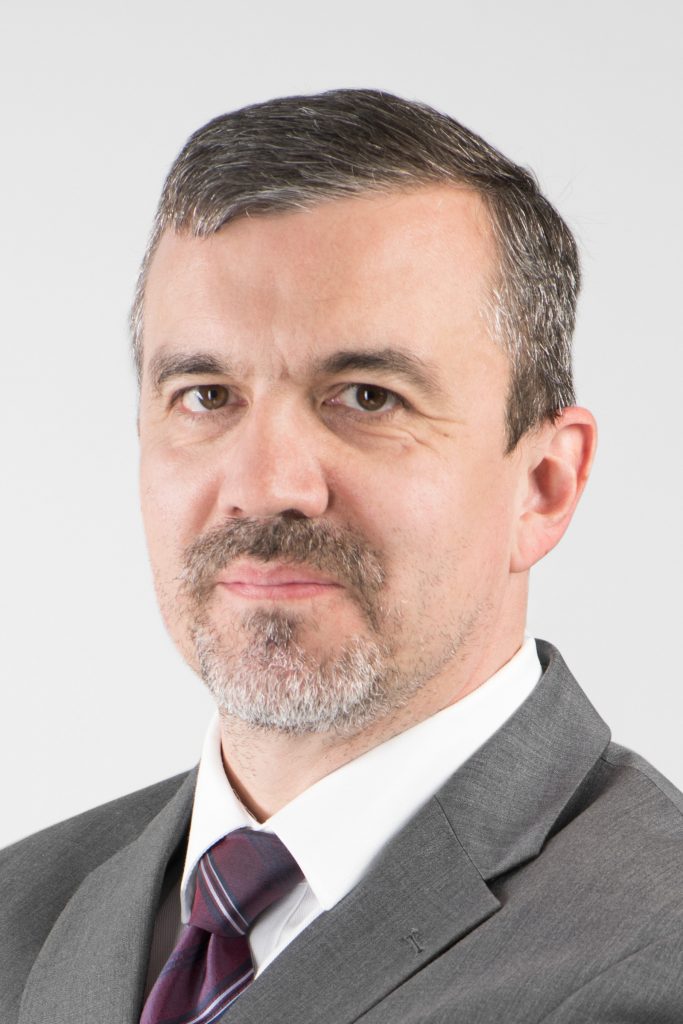
Head of Model Risk Management department of HSBC in Krakow with 30 years of banking experience. He is a honorary consul for Belgium in Krakow and is also a professor at the University of Warsaw, Jagiellonian University and AGH University of Science and Technology.